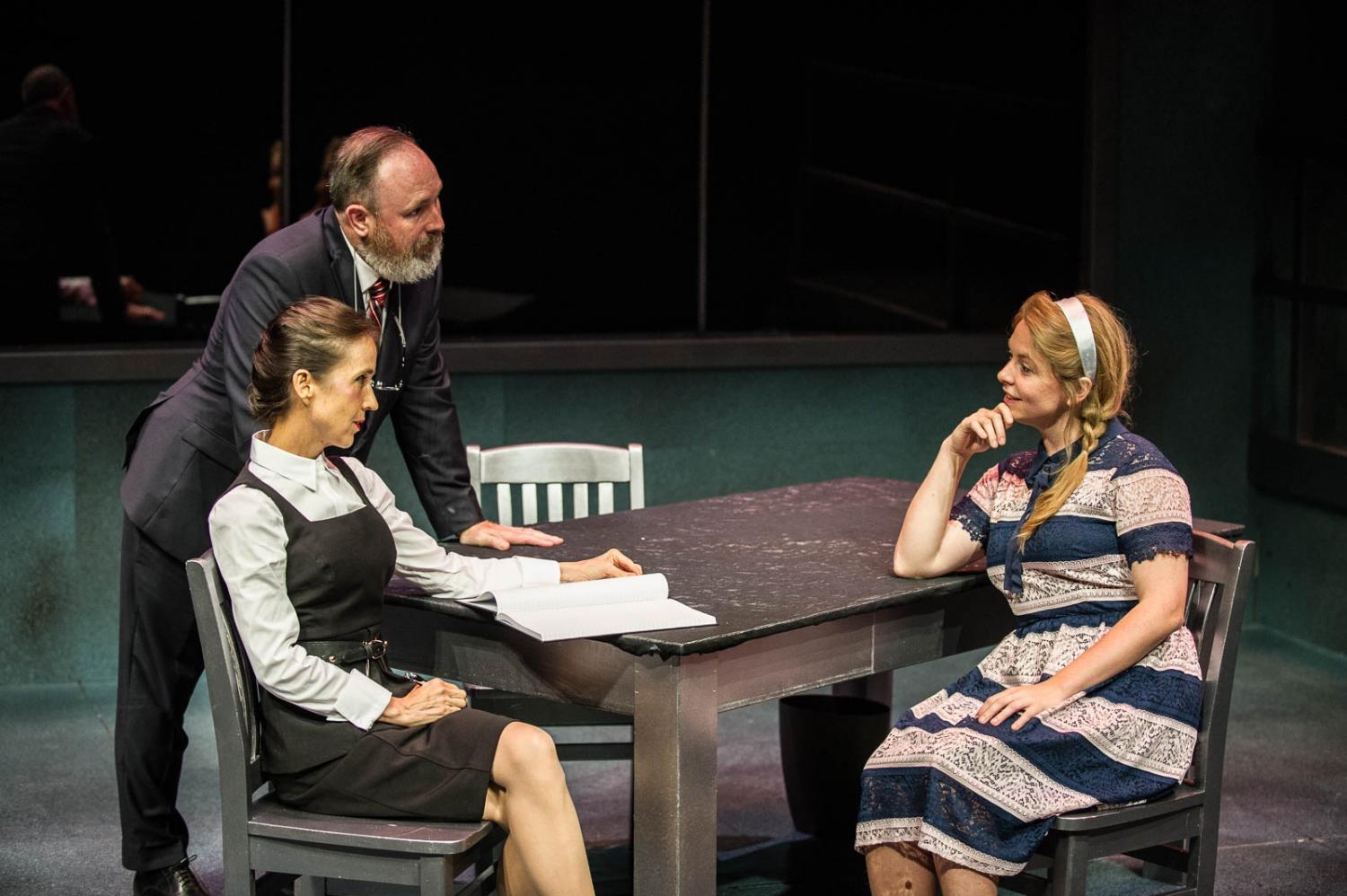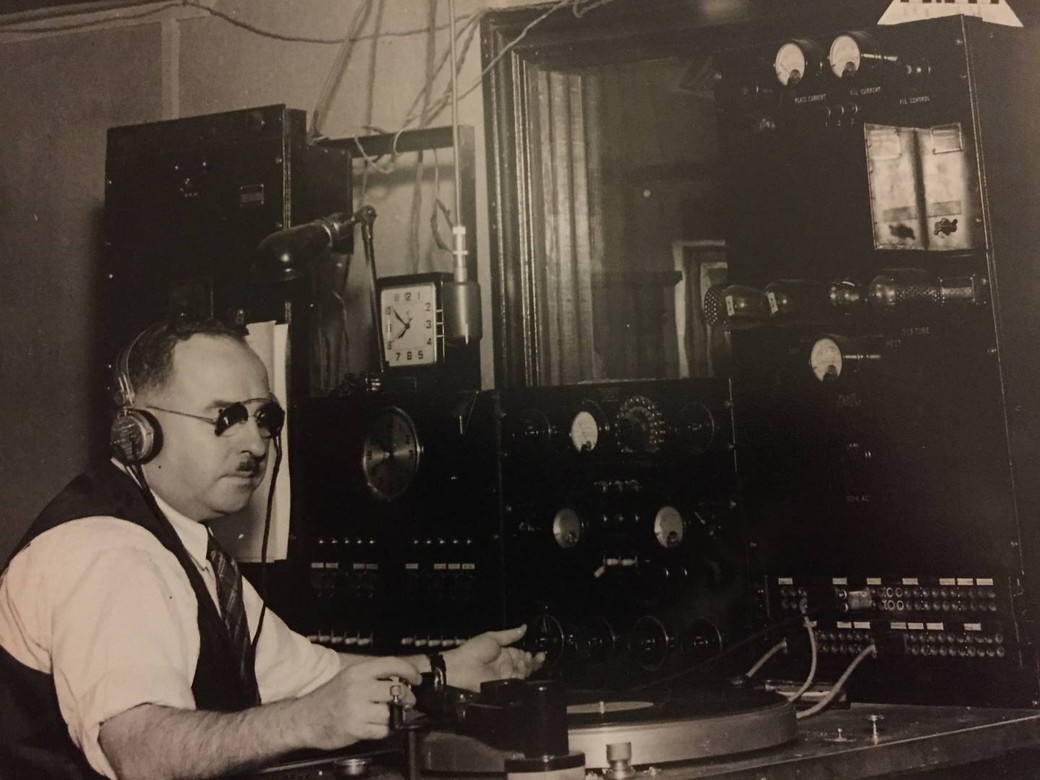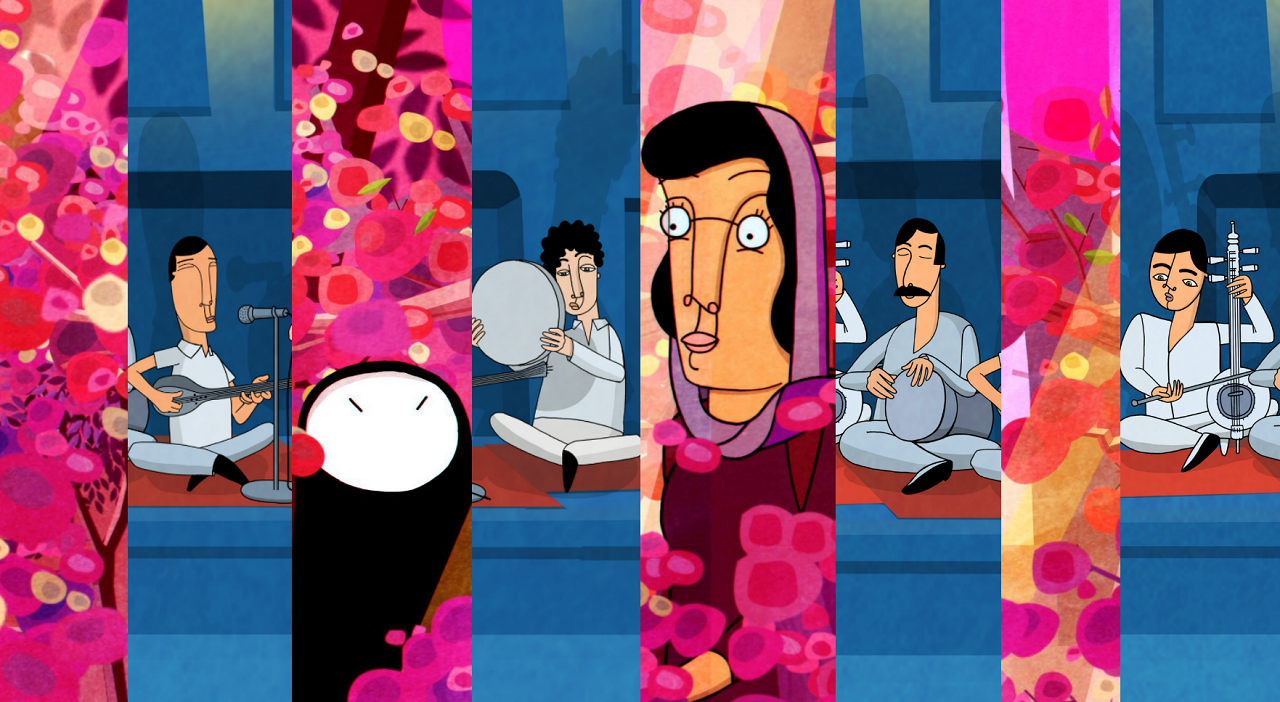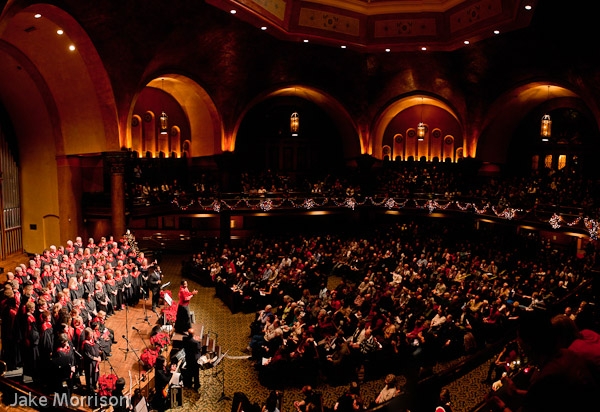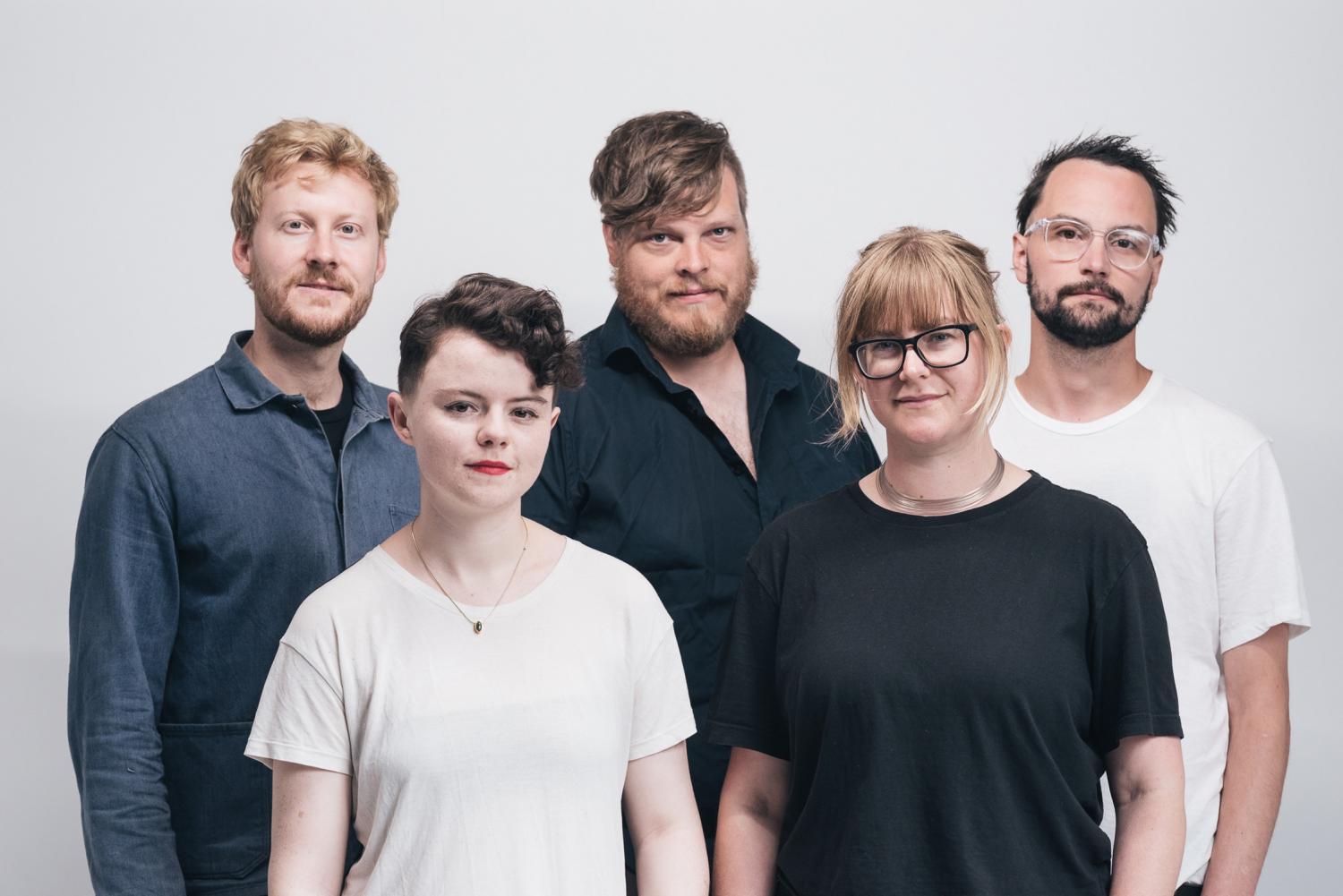
Aerialists are a Musical Melting Pot
Photo credit: Pat Valade
Despite coming from a range of backgrounds, Aerialists all ended up at Berklee College of Music in Boston. After realizing their collective love of traditional music and pop, they've become a unique band who've evolved consistently record to record. We caught up with fiddler Elise Boeur ahead of Aerialists February 9 show at Bar Robo to talk about their unique blend of Gaelic, Nordic, classical and rock into one powerful band.
Ottawa Life: For those that don't know already, how did Aerialists first come together and centre in on your sound?
Elise Boeur: Well Màiri was already attending Berklee (College of Music) as one of the only jazz harpists there. I met her in this amazing chamber strings ensemble called "Berklee World Strings" which was very innovative and did a lot of rhythmically-based playing. We started playing together in that. Our guitarist Adam, was also a Berklee student and I'd played with him in bands before for many years. Adam and I were both on tour in Scotland with Jenny Ritter, we were at a festival called Celtic Connections and we saw these amazing contemporary Celtic rock bands, we never realized that could sound cool. Màiri was our first thought for a project when we came back. We were also playing with a bassist at the time who was really into Norwegian music, which I was into as well.
So when did this clearly become a band that you wanted to take forward?
We had our first rehearsals back in 2014, and we were trying to really build the band. We had the luxury too of all living in Boston at the time, so we could all do rehearsals without having to stress onto songs right away. It was a year before we did recordings and shows. So when we all graduated and left school, we'd spent a lot of time together and felt it was worth it to keep going. It was a challenge though since Màiri moved back to Scotland and it became this very logistical trans-Atlantic band. She's since moved back to teach at Berklee, so now she's much closer again.
What did you want to expand on from your previous releases going into Group Manoeuvre?
It was sort of on the same trajectory that we're working on with our new record too. We all have a background in traditional music, and there were so many influences floating around our new music. With every step from the EP to Group Manoeuvre to our new record we've gone deeper in every direction. We've gone deeper into our traditional roots on this new record, and Màiri is bringing out this amazing Gaelic song. We're also going for tighter and more spacious grooves with our pop-influenced stuff. Our soundscapes have us spreading stuff out more, having our bass player toying with synths more. The progression has really been identifying what we like on each record and going deeper.
So you're already working on new material?
There will be some new material at the Ottawa show, and some of that is stuff we've been developing in the last couple weeks. For us it's been a really different process on this record. The last two records had us writing the songs and then taking them on the road, and then would bring them back to the studio as a live band. This time we're building things from the ground-up more, really taking ideas and working on them in the studio more. We want to stretch out creatively more and have a broader palette of sounds at our disposal rather than worrying about what we can play live first.
What's the most interesting touring experience you've had playing so many fests recently?
Last summer we played at our first jazz festival, there's been folk fests, classical music fests and rock fests. The most exciting touring moment recently was playing that Celtic Connections festival in Glasgow again because it was where we first had the inspiration to form the band. Plus it's an excellent party for three weeks in Glasgow with tonnes of other musicians.
On this note, with the complex mix of styles you're blending on all levels, where do these songs often start?
I feel like this is what us more of a folk band at our core, because almost all of our songs really start off as a melody. You could easily identify a song in our repertoire as a fiddle tune, whether it be Celtic or Nordic. Then we bring it to the room, Adam's pieces will have different time signatures, Màiri has a deep harmonic knowledge. When it's time to arrange something, one person will have a melody and we'll basically just try everything until we find something that doesn't argue with our sensibilities too much. We've been playing with programming too when we can't get everyone in the room so we can start fleshing out ideas faster.
How to try and keep the complexity engaging in live shows?
We're all pretty big nerds. So for us achieving that complexity is really important. Sometimes we're pulling from music that only has melody. With all our resources though, we're interested in creating music that's bigger than the sum of its parts. Within the band there are already so many sounds and tones that I can't access on my own. So for us there's less of a temptation to focus too hard on the live energy because that can wash away the sound of the music. We really just want to deliver as much of the intricacies in the music as we can to the audience.
It also seems like you have a revolving door of bassists, any reason this happened?
Well we've turned over even more drummers than we have bassists. I think there's just a huge demand for touring musicians. We're not touring full-time so we can't employ anyone full-time, we're all freelance musicians too, so we're all used to balancing projects. It's more of a question of availability. We had an American rhythm section but when we went back to Canada it made more sense to tour with more Canadians.

